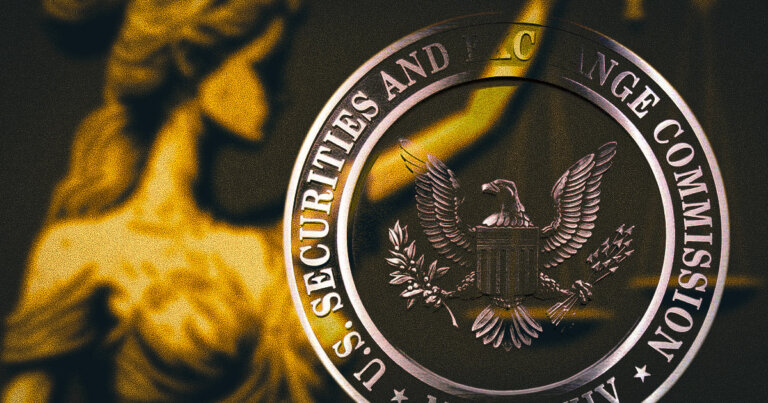 SEC missed a step with its crypto safeguarding rule, U.S. government watchdog says
SEC missed a step with its crypto safeguarding rule, U.S. government watchdog says SEC missed a step with its crypto safeguarding rule, U.S. government watchdog says
The accountability office said the securities agency failed to submit necessary reports.

Cover art/illustration via CryptoSlate. Image includes combined content which may include AI-generated content.
The U.S. Government Accountability Office posted a complaint about a cryptocurrency-related bulletin from the country’s main securities regulator on Oct. 31.
The accountability office said that the U.S. Securities and Exchange Commission (SEC) missed a key step when it issued guidance related to how companies should account for and disclose custodial obligations around safeguarding users’ cryptocurrency.
In its current statement, the office said that the SEC did not submit a report to Congress in accordance with the Congressional Review Act (CRA), nor did it submit a report to the Comptroller General. The SEC must submit a report to the House of Representatives, Senate, and Comptroller General before any rule comes into effect.
Though it appears to be subjective whether the bulletin is in fact a “rule”, the accountability office said that the bulletin meets certain definitions of a rule under the Administrative Procedure Act (APA) and therefore requires the relevant reports. In its response to the accountability office, the SEC asserted that the bulletin is not a rule because it is not an agency action, nor is it a binding agency statement.
It is unclear what action the accountability office might take to have the SEC comply. Though the office is an official independent agency within the legislative branch of U.S. government, some suggest it has “negligible enforcement power.”
Rule is controversial among Republican lawmakers
The SEC published the relevant guidance in Staff Accounting Bulletin No. 121 (Bulletin) on March 24. The bulletin suggests companies should reflect safeguarded crypto through a liability on their balance sheet at fair values, plus corresponding assets.
The bulletin attracted controversy among Republican lawmakers in April because it represented a change from typical practices. One member of Congress, Andy Barr (R-Ky.), said that banks typically handle custody assets off-balance sheet. Barr said this change could prevent banks from offering digital asset custody services.
SEC chair Gary Gensler defended the guidance, emphasizing that both banks and public companies must put the relevant information on their balance sheets.











































































































